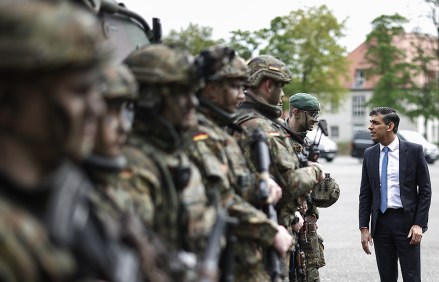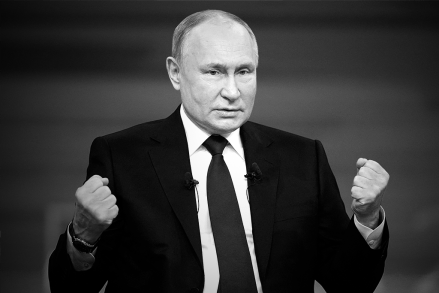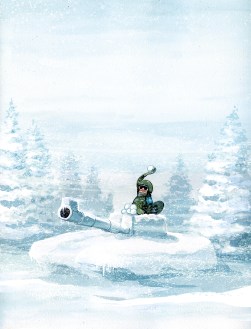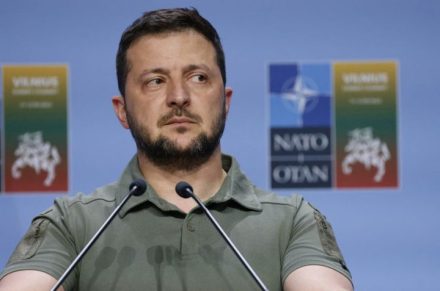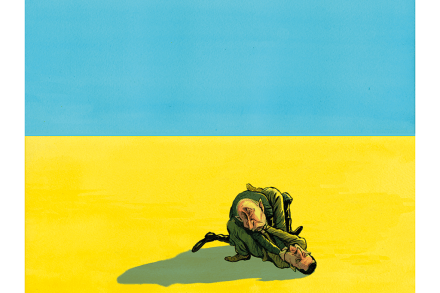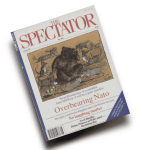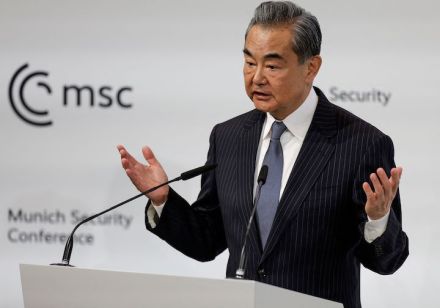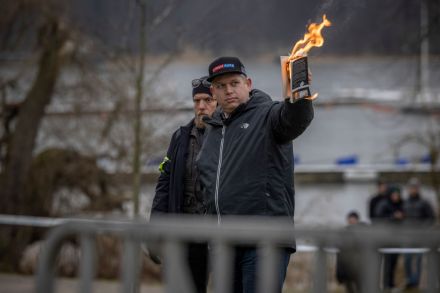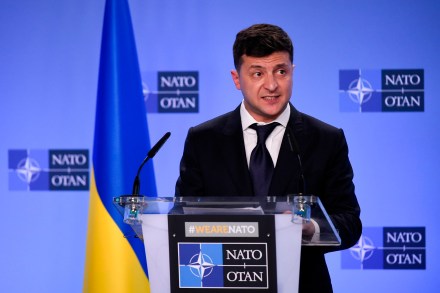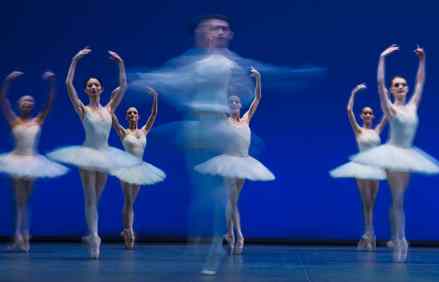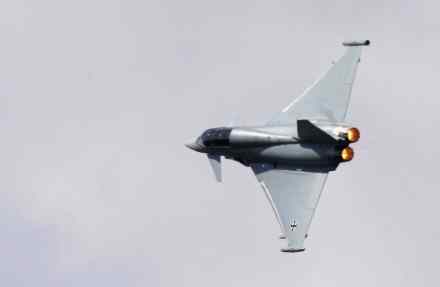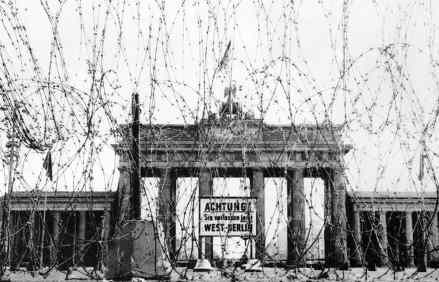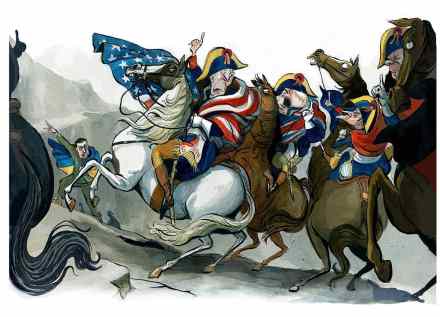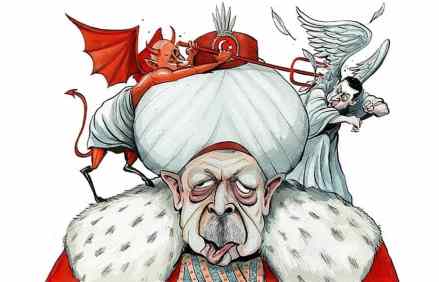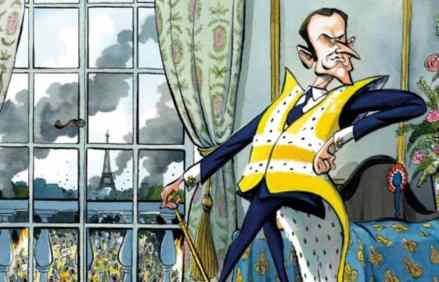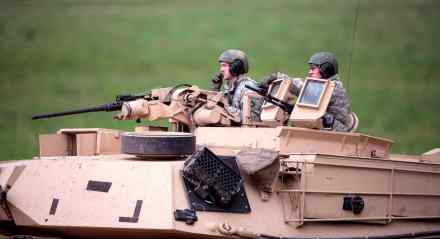Has Nato been a success for Starmer?
18 min listen
Keir Starmer is on his first big diplomatic trip to Washington, attending the Nato summit. He has called on member countries to increase defence spending, had a meeting with Volodymyr Zelensky, and enjoyed a dinner with Joe Biden – all in his first week of the job. How is the trip going, are there any tensions arising, and has it been a success for the new PM? Oscar Edmondson discusses with James Heale and Sophia Gaston, head of foreign policy at Policy Exchange.




